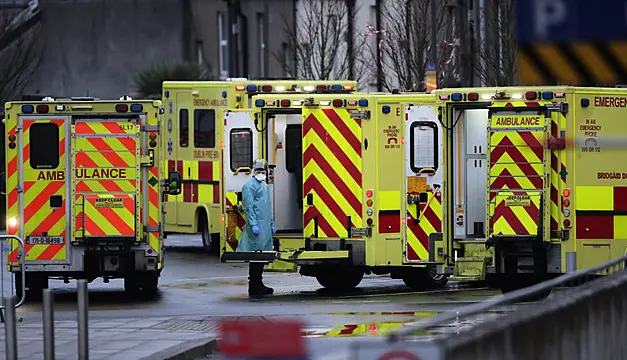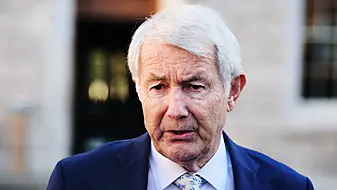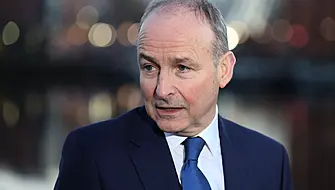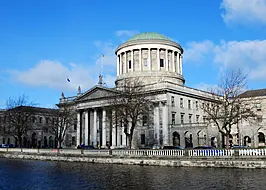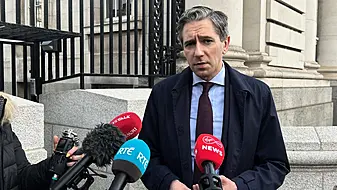HSE chiefs have defended the financial risks taken when purchasing ventilators at the outset of the Covid pandemic, insisting patient safety was their top priority.
Chief executive Bernard Gloster and chief financial officer Stephen Mulvany acknowledged normal procurement safeguards were set aside in the scramble to secure the medical equipment as coronavirus swept Europe in early 2020.
They were facing questions from members of the Oireachtas’s Public Accounts Committee on the multi-million euro costs incurred by the HSE for overpaying for ventilators or buying substandard machines from little known suppliers in China.
The issues related to the procurement have been flagged in a critical report by comptroller and auditor general Seamus McCarthy.
He has already reported that, between March and April 2020, the HSE placed orders for a total of almost 3,500 ventilators at an agreed purchase cost of €129 million.
That was almost twice the number of devices that the HSE had been sanctioned to purchase and was more than 10 times the number of additional ventilators that could be clinically used.
The HSE has said it was necessary to “over order” more ventilators than were required due to the frenzied state of the market and the number of orders that suppliers were cancelling after receiving higher offers.
Ultimately, when cancelled orders were factored in, the HSE spent €20.5 million with its established suppliers and paid out €81 million in advance payments to previously unknown suppliers, with a significant amount of the latter spend committed to via verbal contracts.
The committee heard that the HSE received 467 ventilators from the previously unutilised suppliers, 102 of which were deemed substandard after testing.
The remaining 365 were subsequently donated to the health authorities in India.
Of the €81 million paid in advance, the HSE has secured €50.5 million in refunds and is currently pursing legal action in the Chinese courts to recover a further €22.3 million.
Among concerns raised by Mr McCarthy’s audit report was the fact weekly HSE reports to the Department of Health on expenditure during the period did not include information on the advance payments made.
He told the committee on Thursday that this omission was “seriously misleading” and it “negated the effectiveness of the Department’s oversight of the level of expenditure being incurred”.
Mr Gloster and Mr Mulvany faced at times robust questioning from PAC members during the hearing on the ventilator purchasing.
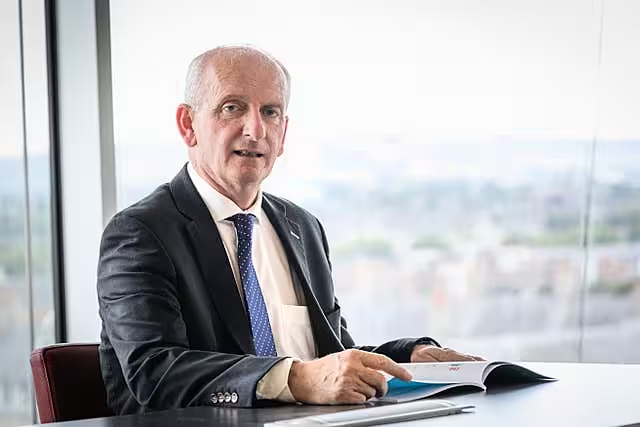
Recently appointed chief executive Mr Gloster stressed the “unprecedented context”.
“The onset of the pandemic in early 2020 was a period of enormous uncertainty and health systems across the world were challenged beyond capability, particularly in the phase of what was not known and what would be needed to respond,” he said.
“There was a serious excess in demand in the global healthcare products market with what were then characterised as eBay style bidding wars, normal purchasing and sourcing practices did not apply.
“Payment in advance was effectively mandatory. Even then with no guarantee that it will secure delivery.
“Assessing requirements for volume of products, including ventilators was an impossible task with no realistic predictability models in the early months.
“The staff involved at the time had to deliberately over order to try and secure necessary volume of supply, knowing that cancelling later and managing the financial risk would be factors that might arise.”

Mr Gloster insisted patient safety was not jeopardised by the substandard ventilators, as all were tested on arrival and were not deployed into service.
“The entire process in those weeks was about balancing risk,” he said.
“A greater level of financial and procurement risk outside of the norm was and had to be preferred over the very real risk to the public.
“The more significant risk was associated with newly sourced or identified providers as part of the overall pandemic response.”
Mr Mulvany said €500,000 had been spent to date in legal costs to recover sums spent on ventilators from the previously unused suppliers.
“We’re not saying we’ll get it all, but we will continue to pursue it as long as it makes sense to do so and it does make sense to do so,” he said of the outstanding millions.
He added: “The HSE manage risk every day, we chose to put patient risk ahead of financial and procurement risk, we took more financial and procurement risk in order to manage patient risk.
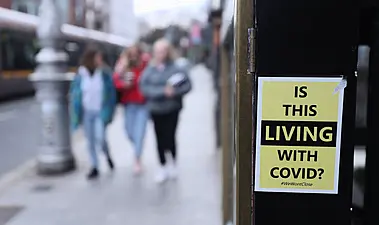
“We could just as easily be sitting here having an inquiry about why we didn’t have enough ventilators.”
He continued: “The issue was a real fear that we wouldn’t have sufficient ventilators to be able to provide care to people.
“My preference would be to be sitting here arguing over why we’re down to the last 22 million we haven’t been able to yet secure, than here having a discussion about why people died because we didn’t have enough ventilators.”
